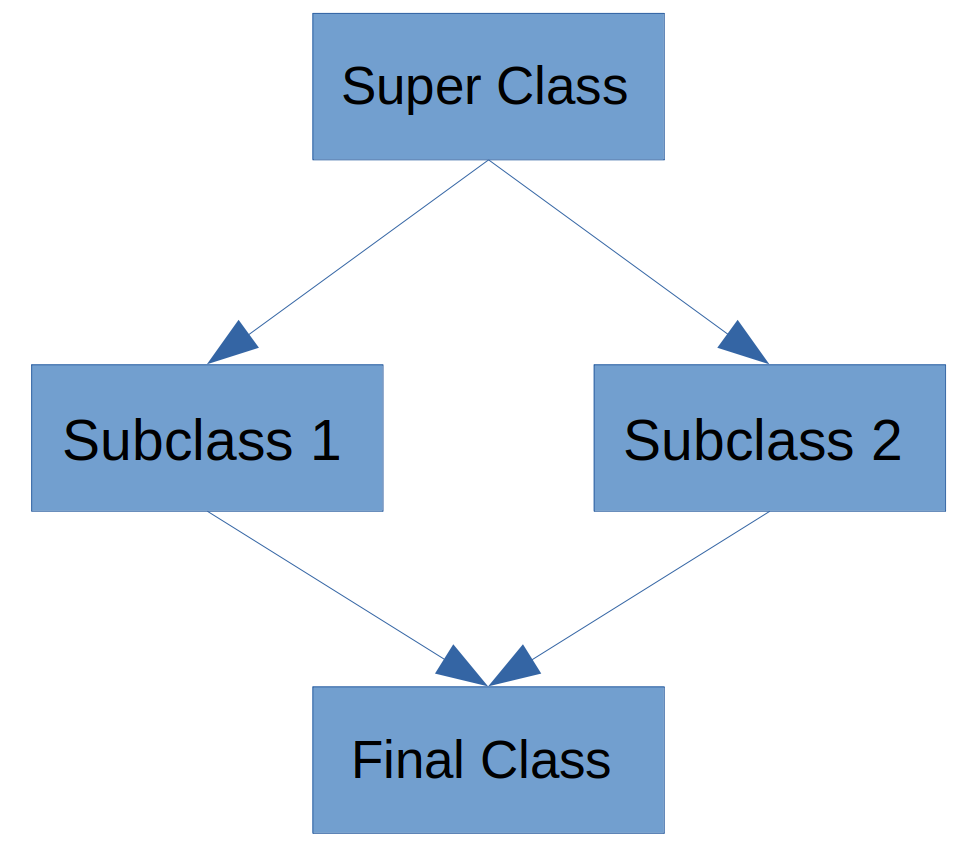How I Learned to Love Default Implementations in C# 8.0

If you haven’t heard, C# 8.0 ships with a new feature that allows you to add default implementations to interfaces. If you’re like me, you may be thinking, “Why? Why would I want to add implementations to interfaces? Isn’t that what abstract classes are for? Doesn’t that go against everything that interfaces stand for?”
My immediate reaction to this new feature was visceral and negative,, but I decided to investigate closer and… I think I may actually love it. Stay with me here and I’ll explain why.
What Did Abstract Classes Ever Do to You?
The first thing I thought was, “That’s what abstract classes are for! They already provide a default implementation!” This is true, and for those of us who’ve programmed mostly in C#, it can feel a little “dirty” to put implementations into an interface. The problem is that while you can implement multiple interfaces, there is no multiple inheritance model in C#. This can make life difficult in certain situations.
The first challenging situation is called the Diamond Problem. This is where you inherit two objects from a superclass, and then one object from both of those.

For example, say you have a Centaur class that inherits both the Person and Animal classes. Both Person and Animal inherit from the Object class that has an Equals() method.
When you call the Centaur’s Equals() method, which base implementation gets called? This is the diamond problem. It is left to the programmer to either decide which implementation to use or to override it completely. Less experienced programmers might not even know there is a diamond problem until compile or even run time. Particularly when a large inheritance tree exists, as in the case of objects inheriting from framework classes. This situation might be better solved with cleaner class design, but nonetheless represents a potential pothole.
So how can you have a default implementation as you might in an abstract or parent class without introducing multiple inheritance and all the intricacies that go along with it? You can already implement multiple interfaces, so this seems like the best place.
What Problems Do Default Implementations Solve?
Beyond my initial negative reaction to “dirtying up” interfaces with implementations, I thought, “What problem is this solving for me?” I think it’s a fair question, so here are the two ways I see them helping.
The first problem is when you have an existing interface that may be implemented by multiple classes and you need to change the interface. It is time-consuming to track down all the places an interface is implemented and add implementations for the new interface methods.
An easy example is an ILogger interface. The original interface may look like this:
public interface ILogger
{
void Log(string message);
}
In the beginning, this was good enough because there weren’t that many messages. As time went by, the loggers started logging errors and informational messages and it became hard to slog through all the informational messages to find errors. The first step to remedy the problem was to format the message, but the consumers have been passing different formats. Some prepend a message with “Error:”, some with “[Error]:”, and others with “Failure - “. To make matters more complicated, there are multiple different implementations that log to SQL databases, NoSQL data stores, and to raw text files.
Default implementations could help solve this problem by allowing you to add those default implementations without introducing a breaking change.
For instance, if the FileLogger implementation was:
A FileLogger class might implement this as:
public class FileLogger: ILogger
{
// file logger's constructor create a StreamWriter to write to
private StreamWriter writer;
public FileLogger(string fileName)
{
var stream = File.Open(fileName, FileMode.Append);
writer = new StreamWriter(stream);
}
public void Log(message)
{
writer.WriteLine(message);
}
}
You could change the ILogger by adding some default implementations:
public interface ILogger
{
void Log(string message);
void LogInfo(string message)
{
Log($"[INFO]: {message}");
}
void LogError(string message)
{
Log($"[ERROR]: {message}");
}
}
Then when using the FileLogger that is injected via dependency injection, you could do this:
public class SomeController: Controller
{
private ILogger logger;
public SomeController(ILogger logger) // FileLogger injected here.
{
logger = logger;
}
public async Task<ActionResult> Index()
{
// Doing stuff
logger.LogInfo("I am doing stuff.");
// something goes wrong
logger.LogError("Something went wrong");
}
}
It doesn’t matter that the FileLogger class didn’t implement the LogError() or LogInfo() methods. It implemented Log() and the default implementations use the Log() method, so nothing in the FileLogger class needed to change! Same with the SqlLogger and NoSqlLogger classes. Pretty slick, right?
Are Default Implementations Dirty?
My final thought was, “Is this a hack? Should I be coming back periodically and fixing the places where I’ve used it and replacing it with a breaking change?”
This led to the second epiphany I had about this feature: if I design my system with this feature in mind, I can help “future proof” parts of the application by simply knowing that I can add default implementations to interfaces. I know that I’m not going to foresee every method I’ll need in the future, but if I use the interfaces wisely, I can still add additional methods later without the need to introduce breaking changes.
Arguably, there might be times when we should come back and change out a default method for a breaking change or a more sophisticated class structure. That’s ALWAYS gonna happen. You’re building a system with the knowledge (both about the business and programming in general) that you have right now. A year from now, you’ll have gained new knowledge about the system, the business, and programming. Things will change. That is the only thing we can really count on. This feature is just another way to plan for it!
Learn More About C#, .NET, and Okta
If you liked this content, please check out some of our other posts on similar topics:
- Build a Simple Microservice with C# Azure Functions
- C# WebSockets Tutorial: Build a Multiplayer Game
- ASP.NET Core 3.0 MVC Secure Authentication
As always, feel free to comment below with any questions, comments, or concerns. If you like this content, make sure to follow us on Twitter and subscribe to our channel on YouTube so you never miss out!
Okta Developer Blog Comment Policy
We welcome relevant and respectful comments. Off-topic comments may be removed.